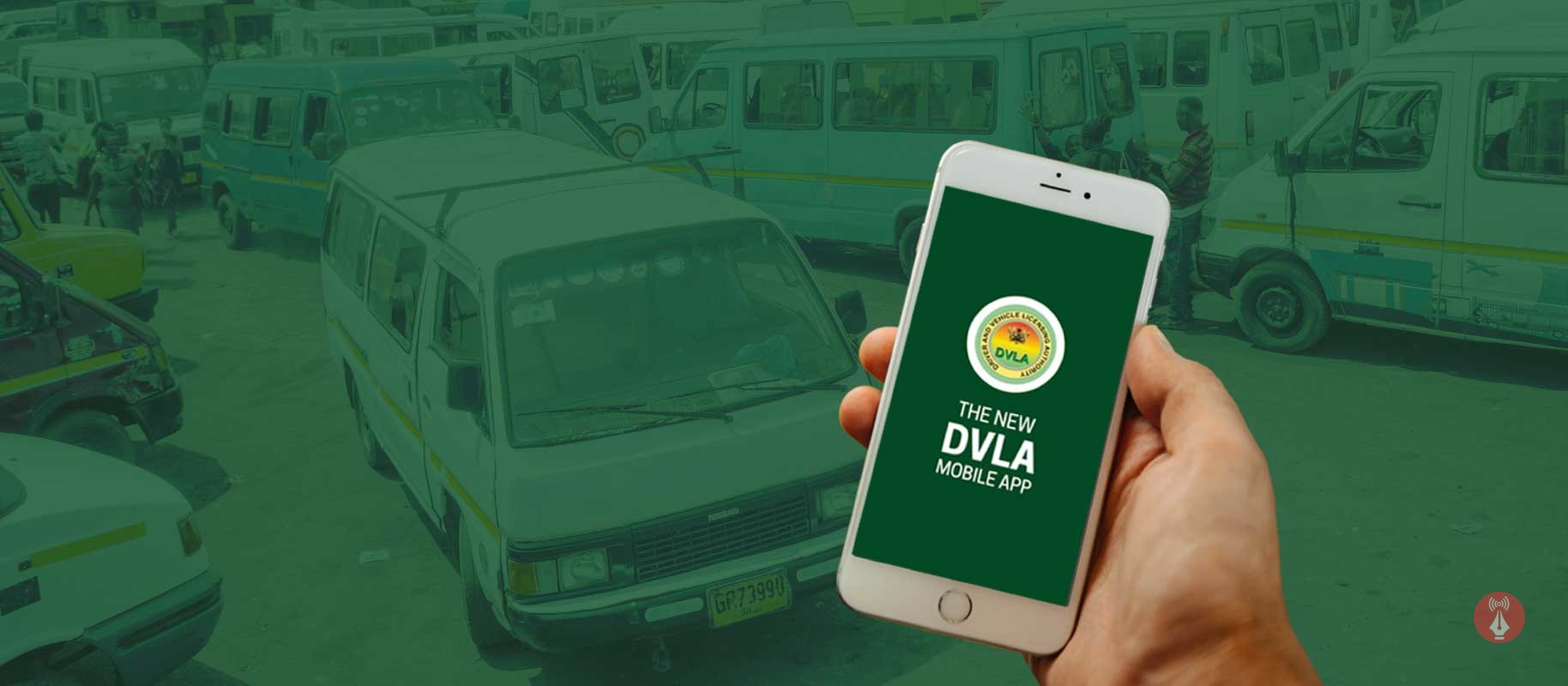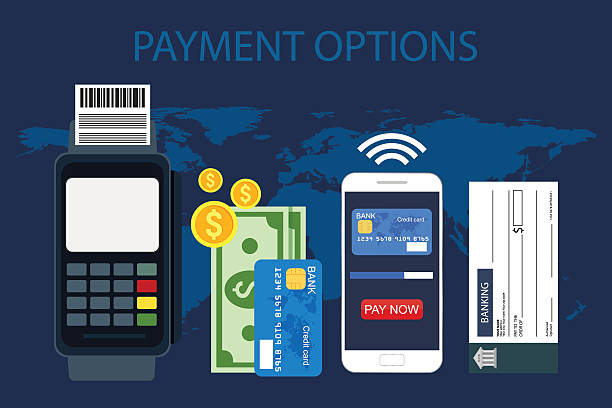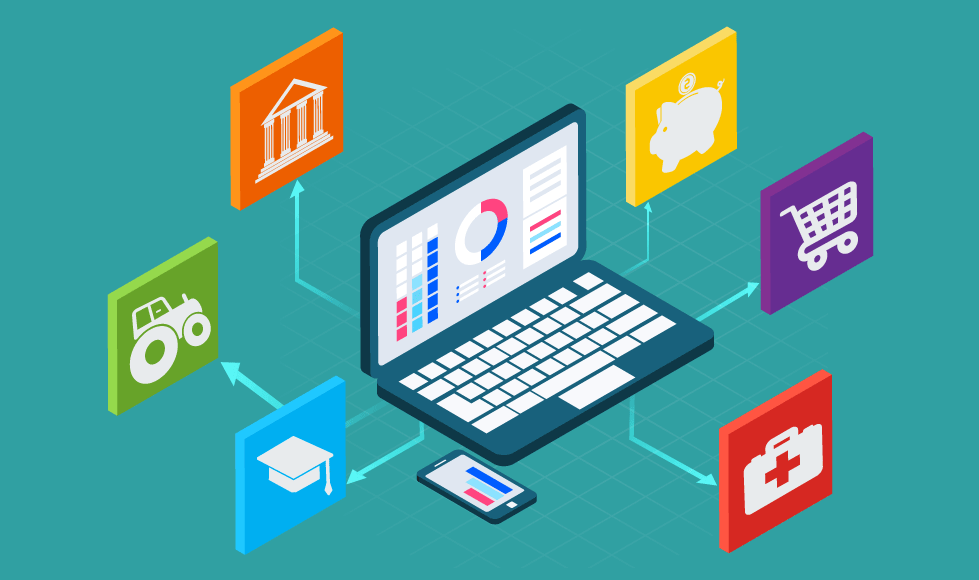DIGITALIZATION IN GHANA: EFFORTS MADE, THE EMERGENCE OF ONLINE MEDIUMS FOR BUSINESSES
It seems little by little Africans are beginning to catch up to the rest of the world in embracing digitalization.
Digitalizing most aspects of our lives will certainly go a long way to make our mode of operations simpler and seamless.
The world is a global village. Most governments are pushing to put things in place to facilitate an improvement in communication, transportation, banking standards, importation, and exportation as well as cybersecurity to fit the growing trends.
In recent times in Ghana, we have seen many moves by the government to use digitalization (digital technology) to formalize most aspects of the economy.
This move by the government has added value to our processes as a people. In a country with a population of 30.8 million with most of the population residing in the capital Accra, you’d find that the country has a growing need for urbanization.
GOVERNMENT EFFORTS
Accra Digital Center was built by the government to boost digital technologies and to be a technology incubator.
It has since become a hub hosting a lot of technological advancements in the country.
In other efforts to digitalize the economy, the government has implemented the following:
National ID: The Ghana Card is the newly recognized ID for all citizens. Also referred to as the ECOWAS card, it is meant to facilitate travel between Ghana and other countries in ECOWAS.
As an identification card, this card is currently replacing the TIN (tax identification numbers) as well as SSNIT (pensions) numbers.
Mobile numbers are required to be re-registered with the Ghana Card starting October 1, 2021.
Digital Addressing System: Also known as the Ghana Post GPS, the addressing system provides accurate digital addresses of individuals and business places.
All you need to find a place now is to enter the Ghana Post address (which gives you the exact coordinates) of the said place and receive directions via Google maps to the desired location. Moving around generally became easier!
The Ghana Post GPS is also complemented by street naming and distinct house addresses. You can now boldly state your home address without “extra directions”.
OTHERS INCLUDE:
Paperless Port System: A great addition for most importers which has caused a reduction in the general turnaround time at the country’s ports.

Digitizing DVLA: The process of getting a drivers’ license became much much easier.
You don’t have to worry about the so-called “goro boys” who used to siphon money from people to process licenses. Now everything is online, no more wahala…
Mobile Money Interoperability: some telcos call this “ACROSS”. You’d think the enmity between telcos should have made this whole idea completely incomprehensible and impossible.
However, the National Communication Authority in Ghana found a way of making this a reality. You can now send money from one network to another without any hassle.
Medical Drone Technology: this technology from Zipline will facilitate the transfer of blood samples, laboratory tests, etc. in hard-to-reach places in the country. This is a major milestone in healthcare delivery in the country.
Ghana.gov: A recent addition to the government’s efforts, ghana.gov is a payment platform that has been integrated into major government agencies including the Passport Office, National Service Secretariat among others.
This platform is to facilitate payment for government services via mobile money or card. No bank stress…

THE AFTERMATH OF COVID 19
Covid 19 exposed the digital gaps we have as a country. Most businesses that had not embraced digitalization suffered major losses that resulted in a complete shut down of their businesses.
Customer-based businesses suffered the most in this era. Restaurants that relied on walk-in customers had to shut down because of the restrictions that came with the pandemic.
Most customers shifted online because of the restrictions in their movement. People discovered that most things could be done online and they have adapted to it.

Online Food Ordering and Delivery platforms (Pizarea) saw a massive boom in their operations.
The ride-sharing and e-commerce sectors also saw their share of success in this period.
Customer-based businesses in the aftermath of the pandemic’s restrictions quickly incorporated online services in their operations.
Most restaurants that were not signed up on online food ordering platforms quickly signed up.
Those that could afford to have their websites and mobile apps had them developed.
Other businesses created online shops to sell their wares. It was discovered that going online was the new normal.

Online Platforms and Payments
According to the Bank of Ghana (BOG), there are 17 million active mobile money accounts and counting. This is enough evidence for businesses to adopt digital payments.
FinTech’s have expanded their operations by providing payment aggregation services to a wider number of merchants.
There was a growing need to facilitate payment in the most seamless ways for customers.
If your platform does not accept mobile money or card, it is rendered incomplete and not attractive.
We’ve got more entrants into the food delivery space now. Previously there was Jumia Food, Pizarea, and a few others.
Currently, because of the boom in the business, there are new entrants in the industry including BoltFood, Glovo, Heny, Edziban, etc.

The competition is fierce with international companies joining the sector. Deals and promos are the new order of the day.
Service delivery is key in the online business. Easy navigation of your website or platform, multiple payment channels as well as fast delivery is the key to retaining customers.
In Conclusion
I believe that as a country we are taking a step in the right direction. Generally moving everything online and
cutting down on manual processes will solve issues with record keeping, queues, leakages, corruption and generally cause smooth ease in operations.
It is important to embrace digitalization as a people for an improvement in our well-being.

